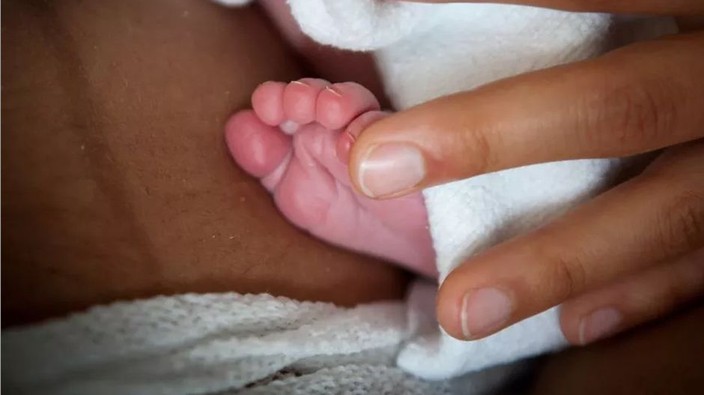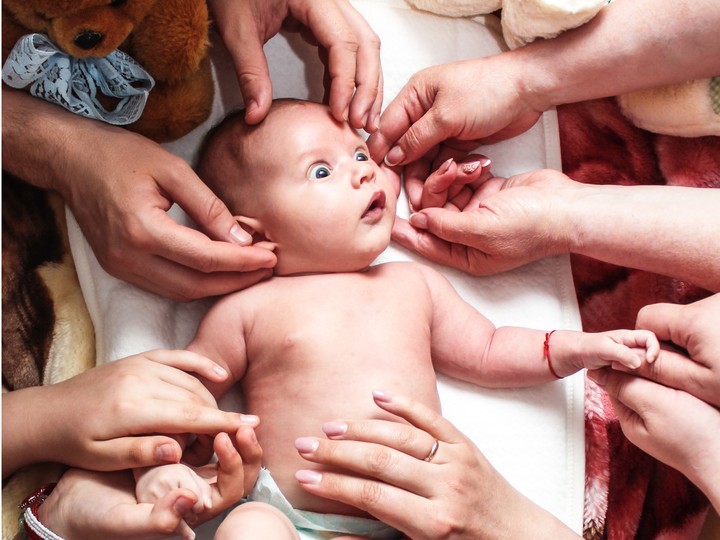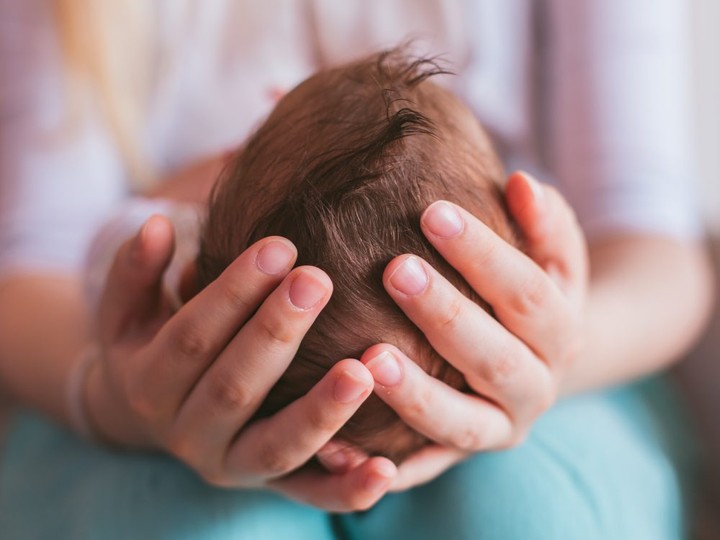the baby bust is here: birth rates are falling
indicators suggest women in many countries are rethinking pregnancy

in previous epidemics, birth rates have been known to fall but pick up again about four years later.
by: shari kulhait’s commonly held that a power outage or a holiday can lead to a spike in birth rates nine months later. in fact, august has been noted as the month with the highest number of births — possibly thanks to december merrymaking.and, so it would seem a baby boom might come during or after the pandemic-caused lockdown. after all, what were people to do indoors but pause, ponder and procreate?in fact, the pandemic has caused a “baby bust” in many places.research shows that in addition to the economic downturn and employment uncertainty, “negative expectations about the future have all been associated with a postponement of childbearing plans.” total fertility rates will be lower in the short term and will bump up again once things settle, according to the vanier institute of the family. as australian population expert dr. liz allen puts it, “being stuck at home with a partner doesn’t meet the necessary ingredients for increased fertility rates. more sex is insufficient for a baby boom to occur.”the ovulation- and pregnancy-test company stix found in a limited survey that 56 per cent of customers who purchased tests during the months of march and april 2020 were trying not to get pregnant, compared to pre-covid times, when the majority were trying to start or extend their family.and there’s been an uptick in requests for birth-control subscriptions at provider nurx, which reports a 50 per cent increase in new patient requests for birth control over the past year, as well as a spike in demand for emergency contraception.
advertisement

to maintain a population’s status quo, a country should have a replacement rate of 2.1 births per woman. but canada has been below that for 50 years, as have most developed countries.indeed, at 1.47 births per woman in canada in 2019, “we’re more than half a kid short of replacement value,” ipsos public affairs pollster darrell bricker said. and that low rate might hold for some time.“we certainly anticipate there to be a rebound” in the birth rate post-covid, emily smith-greenaway at the university of southern california told huffpost, “but we’re not so sure about an overshoot ― a boom that helps to offset the bust.”births in the united states have been falling for nearly a decade and 2019 saw the lowest number in 35 years, but 2020 could slip even lower, the bbc reports. an estimated 300,000 fewer babies are expected in the u.s. in 2021, according to a study by the brookings institution think tank. some of this may be due to poor employment conditions, which have disproportionately affected working women.official birth data for 2020 for the u.s. is yet to be released, but a cbs news compilation of annual data from 32 states showed 95,000 fewer births in 2020 than in 2019 — equivalent to a four per cent drop nationally. france’s typically high fertility rate (it’s the “baby-making champion of europe”) has gradually been declining — and decrease in the birth rate been accelerated by the pandemic. the country’s national institute of statistics and economic studies says the birth rate there fell precipitously at the start of this year, with a shortfall of 13 per cent compared to its january 2020 rate. women said it was “hard to be optimistic” during a pandemic, with health, social and economic crises piling on top of each other.the country’s demographics show fewer numbers of women in baby-bearing years and those who were choosing to become a parent were opting to have fewer children than women had in the past. this could be compounded by older moms-to-be who may find the pandemic period dragged on past their optimal age of conception.
as nbclx.com reports, december 2020 birth rates in florida are down eight per cent from a year earlier, ohio is down seven per cent and arizona is down five per cent. california saw 10 per cent fewer births and hawaii had a staggering 30 per cent fewer births than it had the previous december. other personal and societal factors may come in to play, so not all declines can be attributed to the pandemic.

in europe, the statistics seem to point to a similar reaction to the epidemic.

advertisement
a study of women aged 18 to 34 conducted early in the pandemic (march 27-april 7, 2020) found that fertility plans in germany and france showed a slight downward change. in italy and spain, nearly one-third of those who were planning a birth for 2020 abandoned the project for the year. but by december 2020, italy — where covid-19 hit particularly hard — the birth rate had fallen 21.6 per cent from the same month the year before. half or more of the respondents in germany, france, spain and the u.k. said they still planned to have a child, but were going to hold off.in germany, women were more likely to turn against pregnancy in regions with higher numbers of coronavirus cases. in the u.k., more women who expected a significant impact from the covid crisis on their future income decided not to have a baby.the study authors also noted that physical distancing rules in countries such as italy, france and spain, where extended family members could no longer serve as caregivers, had an effect on child-bearing decisions.in australia, the bureau of statistics’ december data showed the country’s birth rate was once again below population replacement levels — a situation ongoing since 1957.the decline in fertility is also strong in the nordic countries, apart from denmark, says gunnar andersson, professor in demography at stockholm university. “the fertility figures in finland, norway and iceland are lower than they have ever been.”
 4 minute read
4 minute read





